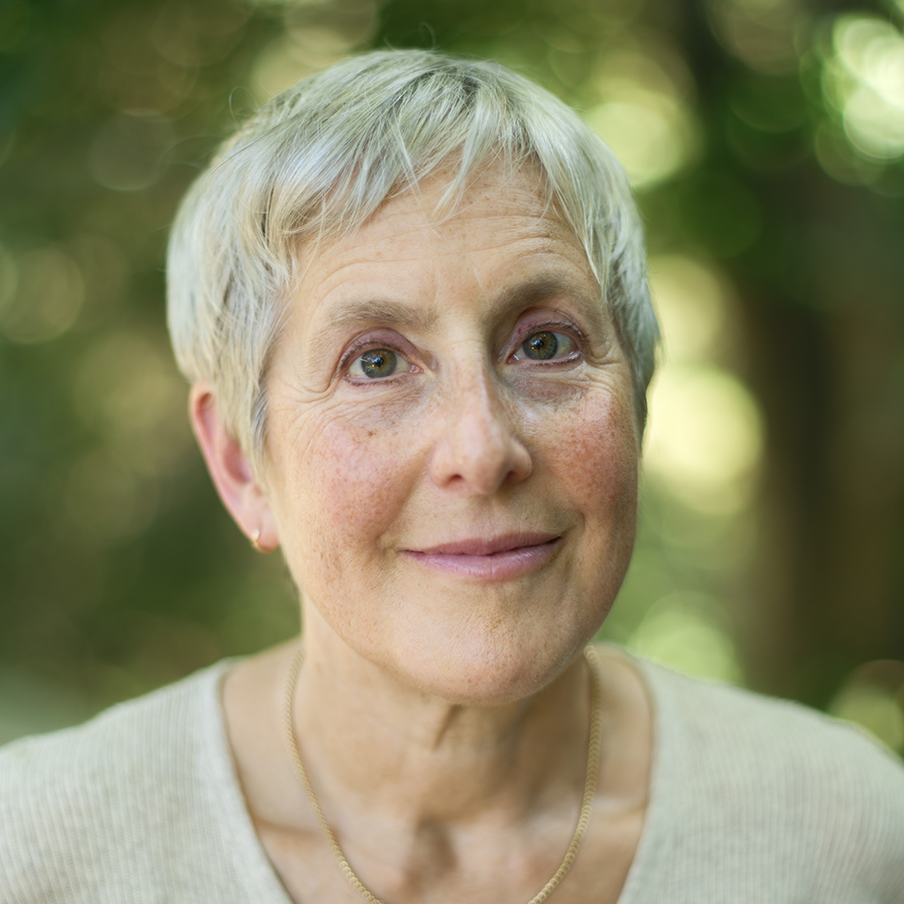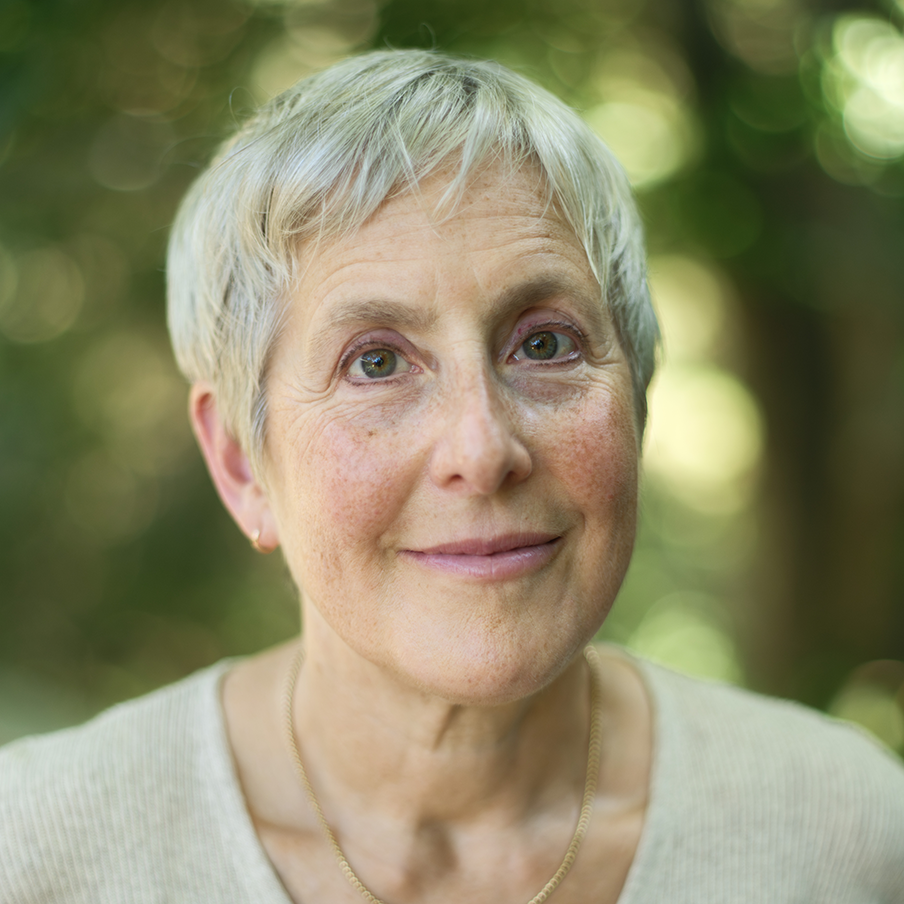News & Events
‘There’s a moral obligation to do this well’

When people think of prison education, they often think about how classes can transform a person.
Jody Lewen — President of Mount Tamalpais College inside San Quentin Rehabilitation Center and a national leader in the prison education movement — sees things differently.
“We are not transforming people,” said Lewen, a 2024 McGraw Prize winner. “We are giving people the opportunity to access and express who they already are.”
During a recent McGraw Prize webinar, Lewen discussed Mount Tamalpais’ mission, what educators learn teaching in the program, and the pursuit of justice. Here are the key takeaways from the conversation.
Education with a greater purpose
Dr. Lewen made a compelling case that higher education in prisons is not merely about job training or recidivism reduction—it’s about restoring humanity.
“Most of our students were deprived of meaningful educational opportunities before prison,” she said. “And yet, they’re some of the most intellectually hungry people I’ve ever met.”
She described students who come to class after long work shifts in the prison kitchen or custodial unit, eager to engage in Socratic discussions or labor over essay drafts. That hunger, she emphasized, is evidence of a fundamental human need to learn, grow, and be recognized.
She recalled moments where students, after reading texts like James Baldwin or Michel Foucault, began to articulate their own stories with new language and clarity. These experiences, she argued, don’t just build academic skills—they create a sense of agency and identity.
In an environment that too often strips away dignity, college education offers a mirror—one that reflects the student not as a number or an offender, but as a thinker, a writer, a person of value.
Building an independent institution
Mount Tamalpais College is unique in both structure and mission. Unlike most prison education programs that are partnerships between prisons and outside colleges, Mount Tamalpais is a stand-alone institution fully embedded in San Quentin State Prison. It receives no government funding and charges no tuition.
“We made a conscious decision to be independent,” Lewen explained, “because that allows us to put our students first—not the bureaucracy, not compliance targets, but actual learning.”
This independence gives the college the flexibility to meet students where they are. Many have inconsistent educational backgrounds, learning disabilities, or long histories of trauma. To address this, Mount Tamalpais offers one-on-one academic advising, tutoring, and faculty development sessions to prepare volunteer instructors for the distinct emotional and pedagogical challenges of teaching inside prison. The curriculum is rigorous—rooted in the liberal arts and critical thinking—but also attuned to the realities of incarceration. Most of the faculty are volunteers from Stanford, Berkeley, San Francisco State and other Bay Area Universities.
Lewen underscored that maintaining quality is non-negotiable.
“These students deserve the same high expectations and support as anyone on a traditional campus,” she said. “There’s a moral obligation to do this well.”
That philosophy—radical inclusion paired with academic excellence—has helped Mount Tamalpais become a national model for prison-based higher education.
Changing the narrative
Throughout the webinar, Lewen returned to the idea that mass incarceration in the U.S. is driven by dehumanization.
“We have told ourselves a story that certain people are disposable,” she said. “And prisons are built around that story.”
By building a college within a prison, she believes, we begin to write a new narrative—one that sees incarcerated people as full human beings with the right and capacity to learn.
She spoke about the cultural shift that occurs when educators and volunteers enter San Quentin for the first time. “People often expect danger, hostility. Instead, they encounter curiosity, hospitality, and a deep hunger for dialogue.” That experience, she argued, is just as transformative for the teachers as for the students. “It forces people to ask: Who have I overlooked in my life? What assumptions have I made about who is deserving of opportunity?”
Ultimately, Dr. Lewen called on educators, policymakers, and the public to recognize education in prison not as charity, but as justice.
“We’re not just trying to rehabilitate individuals,” she concluded. “We’re trying to rehabilitate a society that has forgotten how to believe in people.”



